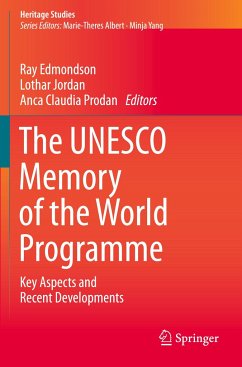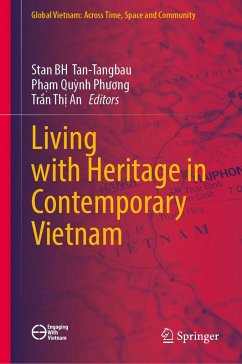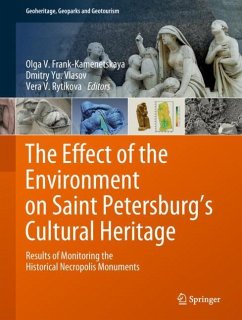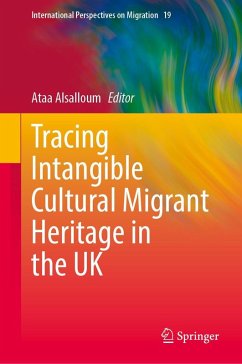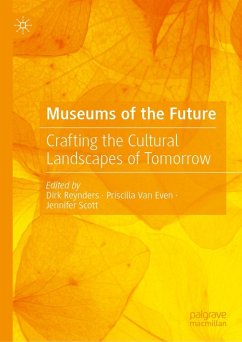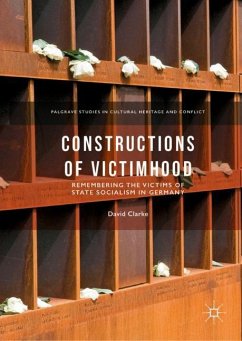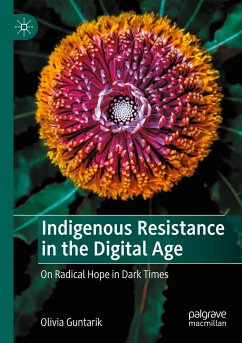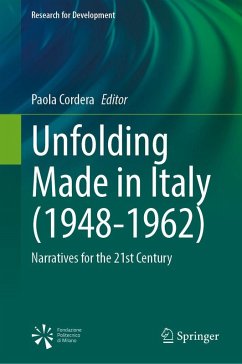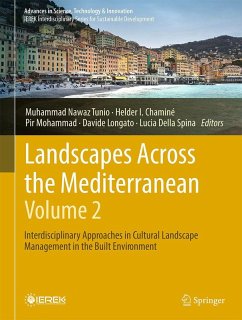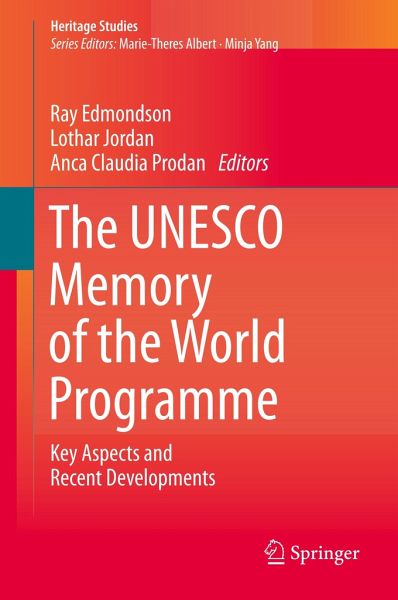
The UNESCO Memory of the World Programme
Key Aspects and Recent Developments
Herausgegeben: Edmondson, Ray; Jordan, Lothar; Prodan, Anca Claudia

PAYBACK Punkte
49 °P sammeln!
The volume "The UNESCO Memory of the World Programme: Key Aspects and Recent Developments" responds to the growing interest in the scientific study of the Memory of the World Programme (MoW) and its core concept of documentary heritage, which has received little attention from scholarship so far. This sixth publication in the Heritage Studies Series provides a first collection of differing approaches (including reflected reports, essays, research contributions, and theoretical reflections) for the study of the MoW Programme, offering a basis for follow-up activities. The volume, edited by Ray ...
The volume "The UNESCO Memory of the World Programme: Key Aspects and Recent Developments" responds to the growing interest in the scientific study of the Memory of the World Programme (MoW) and its core concept of documentary heritage, which has received little attention from scholarship so far. This sixth publication in the Heritage Studies Series provides a first collection of differing approaches (including reflected reports, essays, research contributions, and theoretical reflections) for the study of the MoW Programme, offering a basis for follow-up activities. The volume, edited by Ray Edmondson, Lothar Jordan and Anca Claudia Prodan, brings together 21 scholars from around the globe to present aspects deemed crucial for understanding MoW, its development, relevance and potential. The aim is to encourage academic research on MoW and to enhance the understanding of its potential and place within Heritage Studies and beyond.





